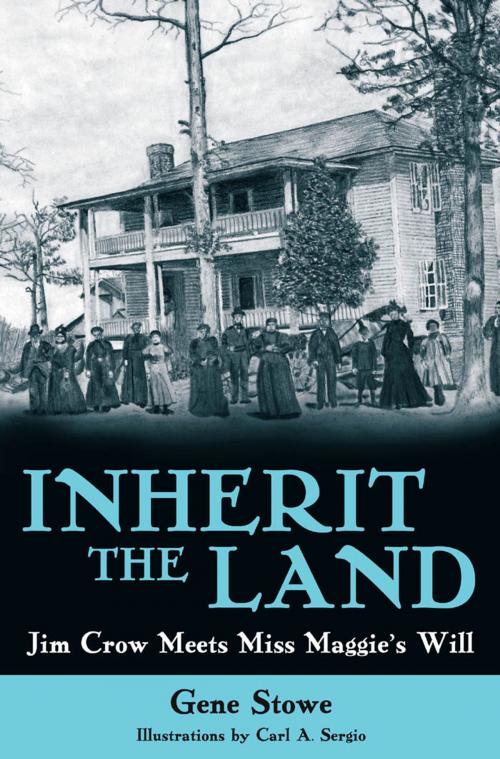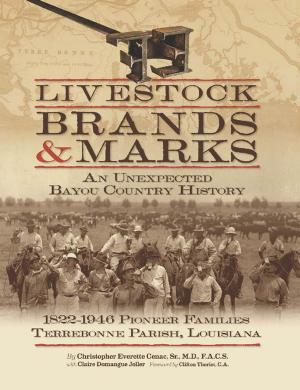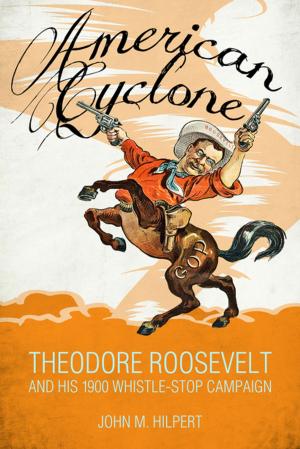| Author: | Gene Stowe | ISBN: | 9781604730777 |
| Publisher: | University Press of Mississippi | Publication: | May 16, 2006 |
| Imprint: | University Press of Mississippi | Language: | English |
| Author: | Gene Stowe |
| ISBN: | 9781604730777 |
| Publisher: | University Press of Mississippi |
| Publication: | May 16, 2006 |
| Imprint: | University Press of Mississippi |
| Language: | English |
In the early twentieth century, two wealthy white sisters, cousins to a North Carolina governor, wrote identical wills that left their substantial homeplace to a black man and his daughter.
Maggie Ross, whose sister Sallie died in 1909, was the richest woman in Union County, North Carolina. Upon Maggie's death in 1920, her will bequeathed her estate to Bob Ross—who had grown up in the sisters' household—and his daughter Mittie Bell Houston. Mittie had also grown up with the well-to-do women, who had shown their affection for her by building a house for her and her husband. This house, along with eight hundred acres, hundreds of dollars in cash, and two of the white family's three gold watches went to Bob Ross and Houston. As soon as the contents of the will became known, more than one hundred of Maggie Ross's scandalized cousins sued to break the will, claiming that its bequest to black people proved that Maggie Ross was mentally incompetent.
Revealing the details of this case and of the lives of the people involved in it, Gene Stowe presents a story that sheds light on and complicates our understanding of the Jim Crow South. Stowe's account of this famous court battle shows how specific individuals, both white and black, labored against the status quo of white superiority and ultimately won. An evocative portrait of an entire generation's sins, Inherit the Land: Jim Crow Meets Miss Maggie's Will hints at the possibility for color-blind justice in small-town North Carolina.
Gene Stowe grew up in Monroe, North Carolina, and was a reporter for the Charlotte Observer for twelve years. He is head of the writing program of Trinity School at Greenlawn in South Bend, Indiana. Carl A. Sergio earned degrees in art design and psychology at the University of Notre Dame. He is currently working in Chicago while preparing to attend graduate school. Learn more about the author at http://genestowe.blogspot.com/.
In the early twentieth century, two wealthy white sisters, cousins to a North Carolina governor, wrote identical wills that left their substantial homeplace to a black man and his daughter.
Maggie Ross, whose sister Sallie died in 1909, was the richest woman in Union County, North Carolina. Upon Maggie's death in 1920, her will bequeathed her estate to Bob Ross—who had grown up in the sisters' household—and his daughter Mittie Bell Houston. Mittie had also grown up with the well-to-do women, who had shown their affection for her by building a house for her and her husband. This house, along with eight hundred acres, hundreds of dollars in cash, and two of the white family's three gold watches went to Bob Ross and Houston. As soon as the contents of the will became known, more than one hundred of Maggie Ross's scandalized cousins sued to break the will, claiming that its bequest to black people proved that Maggie Ross was mentally incompetent.
Revealing the details of this case and of the lives of the people involved in it, Gene Stowe presents a story that sheds light on and complicates our understanding of the Jim Crow South. Stowe's account of this famous court battle shows how specific individuals, both white and black, labored against the status quo of white superiority and ultimately won. An evocative portrait of an entire generation's sins, Inherit the Land: Jim Crow Meets Miss Maggie's Will hints at the possibility for color-blind justice in small-town North Carolina.
Gene Stowe grew up in Monroe, North Carolina, and was a reporter for the Charlotte Observer for twelve years. He is head of the writing program of Trinity School at Greenlawn in South Bend, Indiana. Carl A. Sergio earned degrees in art design and psychology at the University of Notre Dame. He is currently working in Chicago while preparing to attend graduate school. Learn more about the author at http://genestowe.blogspot.com/.















